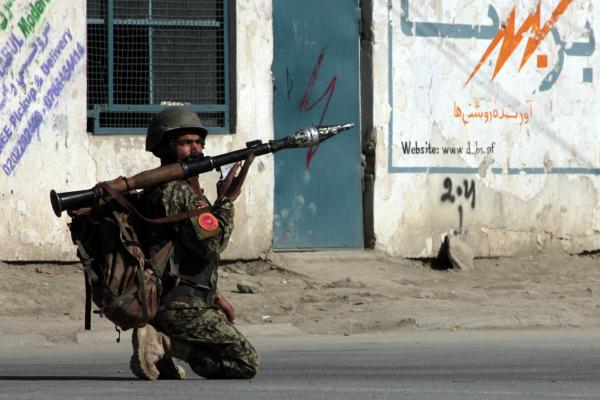On November 21, 1967, General William Westmoreland, U.S. commander in Vietnam, delivered a speech at the National Press Club on war strategy. “We have reached an important point when the end begins to come into view,” he said, and outlined a “new phase” in the war where the U.S. would:
- Help the Vietnamese Armed Forces to continue improving their effectiveness.
- Help the new Vietnamese government to respond to popular aspirations and to reduce and eliminate corruption.
- Help the Vietnamese strengthen their policy forces to enhance law and order.
Then came what is now known as the Tet Offensive. On January 30, 1968, the National Liberation Front launched attacks against cities and towns throughout South Vietnam. It was the beginning of the end, the evidence that U.S. strategy had failed.
Fast forward 45 years. U.S. strategy in Afghanistan emphasizes assisting the Afghan army and police forces to improve their effectiveness along with working to reduce corruption in the government. We hear encouraging speeches from politicians and generals. We’re told the end is in sight.
Read the Full Article

